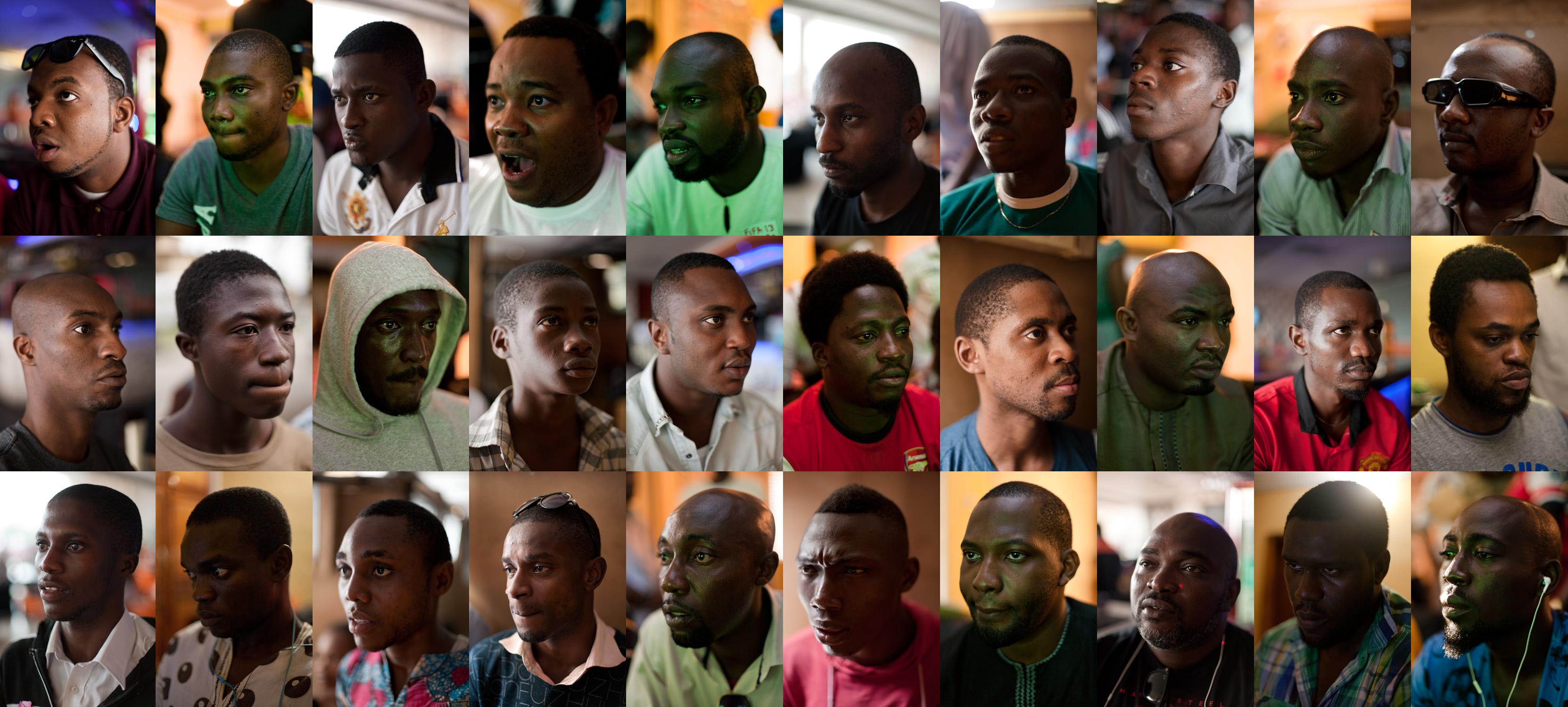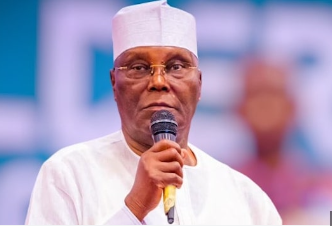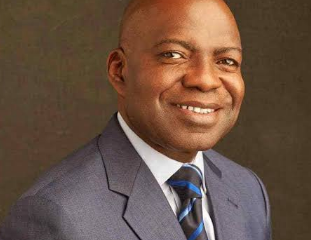There are two types of Nigerians: those who disparities stimulate their existence and those who disparities present negativities. When people from different social statuses live side by side, astonishment and rage can arise from their confrontations. “A house,” Karl Marx said, “can be large of small; so long as the neighbouring houses are of the same size, it meets all society’s expectations for a residence. But if a palace is built next door to the little house, it is reduced to the rank of a hovel.” Envy becomes the proximity and not distance. That is why in Nigeria success is often attributed to political connivance, whereas in more developed societies success is usually a journey—from the ground-up—of sorts.
Consider the typical Nigerian situation: a boss in a Nigerian bank, during assessments, puts differences on her list. The sudden telescoping was based solely on regional differences and not the contribution of each employee. The hard working employee is forced to ask how much harder one needs to work.
Or again, a wiser position: the elitists are caught up in the mechanism of making profits from these disparities. The munificent people whose pomp offends others and who raise the bar to an inaccessible height do this for their personal gratification. As soon as these selected few open the Pandora’s box of equality, the citizens realise that the pursuit of happiness is a monster of comparison.
The perverse pleasure taken in the poverty of others, for example, helps the elite solidify their mechanism for creating wealth. The new media has not made matters easy.
From Instagram and Facebook posts, the poor, ordinary Nigerian, sees his political servant displaying fancy cars, golden bags and their graduating children from top-ranking universities. The bursts of laughter can only be found from the happy people who have one sort of political affiliation or the other. The scene reminds us of that aphorism: “It’s not enough to be happy; it’s also necessary that others aren’t.” Happiness, in the mind of the first type of Nigerian, should belong solely to him/her.
ALSO SEE: “Wizkid is but a studio rat if Nigerians back off”
The second type of Nigerian is usually a hard working citizen but would quickly drop from those moral beliefs to reach the political heaven presented daily by the political elite. They take the morose pleasure in chastising the elites but wait for that space to court the same type of riches.
The only way out of this is perhaps an introduction of another type of economic and political system. The question remains, what type? Socialism? I can’t help here.
The political elites are not the only rivals whose existence offends the second group of Nigerians but also, the round-bellied executives located in different parts of the corporate genealogy. The second group sees their existence as prompters to elevate themselves into the space of a new life. They inspire the second type of Nigerians; they suggest countless ways of living, of blazing new paths.
The venomous existence of the elites has been converted into emulation and into curiosity. The second group of Nigerians have become conductors of desire rather than become intolerant obstacles to the first group. It’s now a chase to be better than their neighbour and not for the good of the society at large.
Culled from Herald

 Health5 days ago
Health5 days ago
 Entertainment7 days ago
Entertainment7 days ago
 Crime5 days ago
Crime5 days ago
 Education7 days ago
Education7 days ago
 Health7 days ago
Health7 days ago
 Comments and Issues6 days ago
Comments and Issues6 days ago
 Football6 days ago
Football6 days ago
 Latest6 days ago
Latest6 days ago













